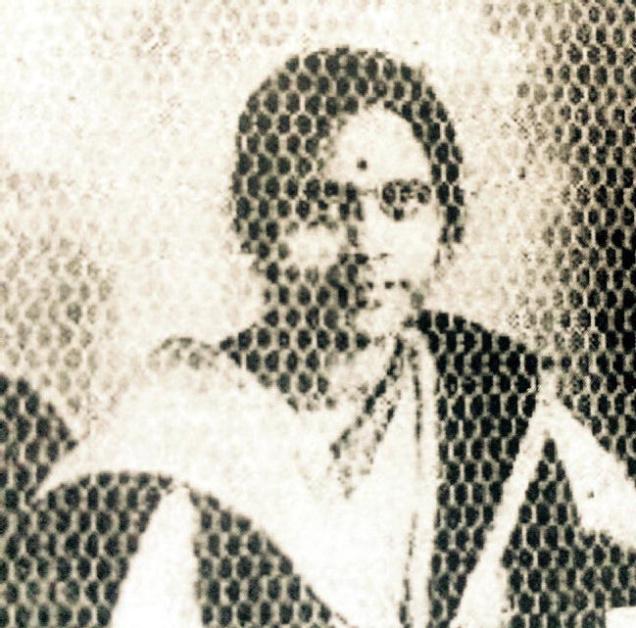
B. Ananda Bai was the lone female law graduate in then Madras Presidency, which included parts of Kerala, Karnataka and Andhra Pradesh.
Cornelia Sorabji, the first woman to practice law in India, was born on November 15, 148 years ago. She was only one among the many pioneers who worked long and hard to breach the glass ceiling for women in courtrooms across the country.
For the women of Madras, the foundations of this struggle were laid by B. Ananda Bai in August 1928. After graduating with a degree in law from Madras University, she became the lone female law graduate in then Madras Presidency, which included parts of Kerala, Karnataka and Andhra Pradesh.
Bai’s original career path, however, did not involve becoming a lawyer. According to the Palaniappa Brothers’ book Madras: the Land, the People and their Governance, it was only after being rejected in the government services that Bai considered entering the chambers of law. Finally, after a rigorous apprenticeship under V.V. Srinivasa Iyengar, she enrolled in the Madras High Court on April 22, 1929, to become the first woman advocate trained and specialised in the city of Madras.
Hailing from the South Kanara region (present day districts of Dakshina Kannada and Udupi), Bai’s father, Dr. Krishna Rao, was particular that all female family members receive a ‘liberal and academic education’.
While admitting that Bai represented a privileged minority, historian V. Geeta points out the 1920s and 30s were a time of churning for women. “With the social reform movement gaining ground, law became central to a lot of the debates regarding women, which were governing civil discourse. Both Hindu and Muslim women with The All India Women’s Conferences, for instance, were very vocal about their aspirations for empowerment through social legislation,” she says.
However, as Rukmani Lakshmipathi, president of the League of Youth, said at a meeting to honour Bai in 1929, “Education and medicine are becoming more and more popular with girls. That is not the case with law. We are glad that a beginning has been made in this direction, and an impetus has been given.”
K. Shantakumari, president, Tamil Nadu Federation of Women Lawyers, points out that storming the male bastion of law was far from easy. She says, “In those days, people were apprehensive and would not give cases to women. Societal taboos also forbid women from taking criminal cases. Because of this, many had to work under male lawyers and did not receive fair remuneration.”
By setting a precedent, in spite of these daunting obstacles, the likes of Bai and Sorabji made a career in law a distinct possibility for women. Today, as we celebrate the latter’s birthday, it only seems fitting to raise a toast to these pioneers for the new ground they broke.
source: http://www.thehindu.com / The Hindu / Home> News> Cities> Society / by Nitya Menon / Chennai – November 15th, 2014